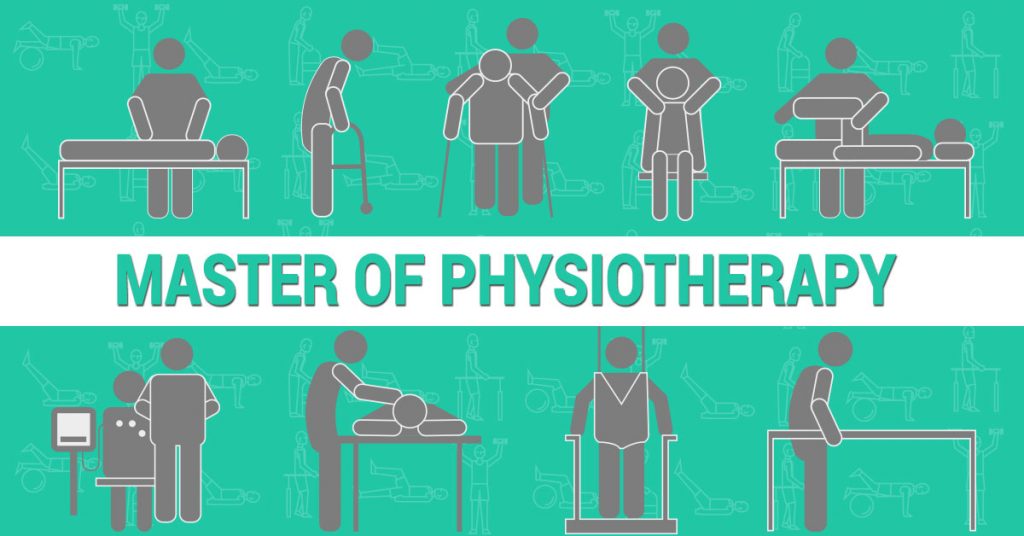Introduction
Orthopedics is a medical specialty that deals with the diagnosis, treatment, and prevention of disorders related to the musculoskeletal system. An orthopedic specialist is trained to diagnose and treat conditions related to bones, joints, muscles, tendons, ligaments, and nerves. The field of orthopedics is vast, and there are various subspecialties within it, such as spine surgery, hand surgery, sports medicine, and joint replacement surgery. In this guide, we will discuss the education and training requirements, job responsibilities, job outlook, salary and benefits, challenges and rewards, personal qualities, and opportunities for advancement in the field of orthopedics.
Education and Training Requirements
To become an orthopedic specialist, one must first obtain a medical degree (MD or DO) from an accredited medical school. After completing medical school, one must complete a residency program in Orthopedics, which usually takes five years. During residency, the residents receive training in various aspects of orthopedics such as trauma, spine surgery, joint replacement, hand surgery, and sports medicine. After completion of residency, some orthopedic surgeons choose to specialize further by completing a fellowship in a specific area of orthopedics. Fellowships usually last for one to two years and provide specialized training in areas such as spine surgery, hand surgery, sports medicine, and joint replacement surgery.
Job Responsibilities
The job responsibilities of an orthopedic specialist vary depending on their subspecialty. However, some common job responsibilities of orthopedic surgeons include:
- Diagnose and treat musculoskeletal injuries and diseases
- Perform surgeries such as joint replacement, spine surgery, and hand surgery
- Collaborate with physical therapists and other healthcare professionals to develop a comprehensive treatment plan for patients
- Conduct routine checkups on patients to monitor their progress and make adjustments to their treatment plan as needed
- Advise patients on how to prevent injuries and maintain a healthy musculoskeletal system
Job Outlook
The job outlook for orthopedic surgeons is excellent, with an estimated job growth rate of 7% from 2018 to 2028. This growth rate is faster than the average job growth rate for other occupations. The demand for orthopedic surgeons is expected to increase due to the aging population, who are more susceptible to musculoskeletal injuries and diseases.
Salary and Benefits
Orthopedic surgeons are among the highest-paid medical professionals, with a median annual salary of $409,665, according to a 2020 report by Medscape. However, the salary of an orthopedic surgeon varies depending on factors such as subspecialty, location, and years of experience.
Orthopedic surgeons also enjoy numerous benefits such as:
- Medical, dental, and vision insurance
- Paid time off
- Retirement plans
- Disability insurance
- Continuing education opportunities
Challenges and Rewards
Orthopedic surgery can be challenging and demanding, both physically and mentally. The job requires long hours and intense concentration during surgeries. Orthopedic surgeons must have excellent problem-solving skills, as every patient’s condition is unique and requires a customized treatment plan.
However, the rewards of being an orthopedic surgeon are numerous. Orthopedic surgeons have the satisfaction of helping patients increase their mobility and reduce pain, ultimately improving their quality of life. Orthopedic surgeons also have the opportunity to develop new surgical techniques and treatments, contributing to the advancement of medical science.
Personal Qualities
To be successful in the field of orthopedics, one must possess certain personal qualities, such as:
- Excellent communication skills to explain complex medical procedures and treatment plans to patients and their families
- Strong attention to detail to ensure accurate diagnosis and treatment
- Great physical stamina to endure long surgical procedures
- Excellent problem-solving skills to devise customized treatment plans for patients
Opportunities for Advancement
Orthopedic surgeons can advance their career by specializing in a subspecialty such as spine surgery, joint replacement surgery, or hand surgery. They can also advance their career by taking on leadership roles such as serving as department head or medical director. Another way to advance in the field of orthopedics is to participate in research and develop new surgical techniques and treatment plans.
Conclusion
The field of orthopedics provides a rewarding and challenging career for medical professionals who are passionate about improving the musculoskeletal health of their patients. It requires extensive education and training, great attention to detail, and strong problem-solving skills. Orthopedic surgeons enjoy numerous benefits such as high salaries, excellent benefits package, and job security. With the aging population, the demand for orthopedic surgeons is expected to increase, making it a favorable field for medical professionals looking for a rewarding career.
Frequently Asked Question About Orthopedics Career
1. What is orthopedics?
Orthopedics is a branch of medicine that focuses on the diagnosis, treatment, and prevention of conditions that affect the musculoskeletal system. This includes the bones, joints, muscles, ligaments, tendons, and nerves.
2. What conditions do orthopedists treat?
Orthopedists treat a wide range of conditions that affect the musculoskeletal system. This can include fractures, sprains, strains, arthritis, back pain, and sports injuries, among others.
3. What treatments do orthopedists offer?
Orthopedists offer a variety of treatments depending on the condition they are treating. This can include medication, physical therapy, braces, casts, surgery, and joint replacement.
4. When should I see an orthopedist?
You should see an orthopedist if you are experiencing pain, swelling, or limited movement in your bones or joints. You should also see an orthopedist if you have been injured, or if you have a family history of musculoskeletal conditions.
5. What can I expect during a visit to an orthopedist?
During your visit to an orthopedist, you can expect a thorough examination and evaluation of your condition. This may include X-rays or other imaging tests. Your orthopedist will then discuss treatment options with you and help you make an informed decision about your care.


